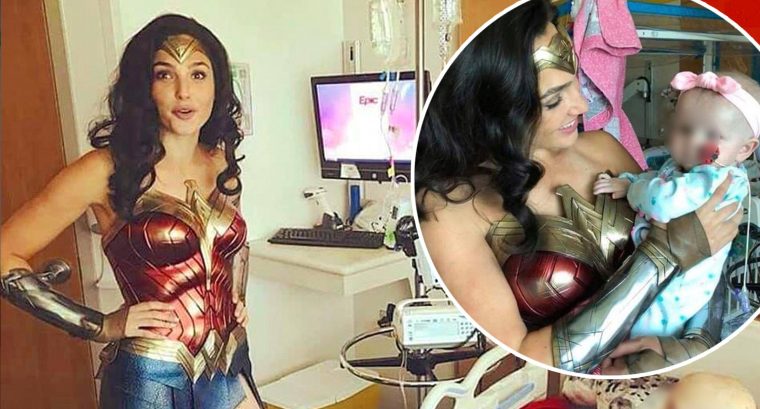Chris Hemsworth surfed and swam in Arctic waters to test the boundaries of human resilience in what he said was one of the toughest experiences of his career.
The “Thor” actor took on the challenge of swimming 250 yards of an icy Nordic fjord without a wetsuit in pursuit of a longer, healthier life for the new National Geographic series “Limitless,” premiering November 16 on Disney+.
To accomplish the feat, he worked with Ross Edgley, an exercise scientist and extreme athlete, who Hemsworth described as “one of the fittest humans on the planet,” setting world records in swimming.
The shock of immersing yourself in icy water has evidence-based benefits for longevity and health, according to Edgley.
“Cold water triggers some extremely powerful survival mechanisms,” he said in the episode. “Controlling the body’s response to cold could have huge health benefits down the line.”
While Hemsworth takes on other extreme challenges for the series, including a Navy SEAL style “drown-proofing” test, he said the Arctic swim was the hardest.
“Halfway through, my brain felt like it was being stabbed by a thousand knives,” he told Men’s Journal.
Swimming in frigid waters is dangerous, especially if you don’t have an expert safety crew on staff, since you can risk hypothermia and death.
But you don’t need to take an Artic dive to reap the benefits of cold therapy. Research suggests that routine exposure to cold through smaller, safer doses could boost metabolism, improve energy and mood, and protect the body from some side effects of aging. And if you hate the cold, you could get similar effects just by exercising regularly.
A quick cold shower may help regulate the immune system to prevent illness
Hemsworth may not be in a hurry to jump into a frozen sea again, but by the end of the episode, he’s changed his daily habits to incorporate more cold therapy, such as making the last 30 seconds of his showers ice-cold.
The routine is based on a 2016 trial that found participants who finished their showers with cold water took fewer sick days at work.
Between 30 seconds and three minutes at around 50 to 60 degrees Fahrenheit may be enough to see benefits, according to research — no Arctic excursions required.
Ice baths may soothe muscles, but avoid them right after a workout to maximize gains
Hemsworth also swears by ice baths to help with muscle aches, his longtime friend and trainer Luke Zocchi previously told Insider.
Evidence is mixed on the benefits — ice may provide some relief from pain and fatigue, and but research suggests it may not actually improve recovery.
Too much cold too soon could actually slow your muscle gains, Zocchi said, by preventing the muscles from building back properly from the wear-and-tear of exercise.
Newer research also suggests that icing may not be helpful for injuries and muscle soreness, contrary to previous theories.
Regular exercise offers similar benefits without freezing
If you hate the cold, you don’t have to endure it for your health, since other habits like vigorous physical activity have similar benefits, according to the Cleveland Clinic.
Exercise can help improve blood flow, reduce the risk of chronic illness, and boost mental health, according to evidence.
To relieve muscle soreness and boost gains without freezing, try active recovery in the form of lower-impact exercise like walking or biking, personal trainers previously told Insider.
Source: insider.com








